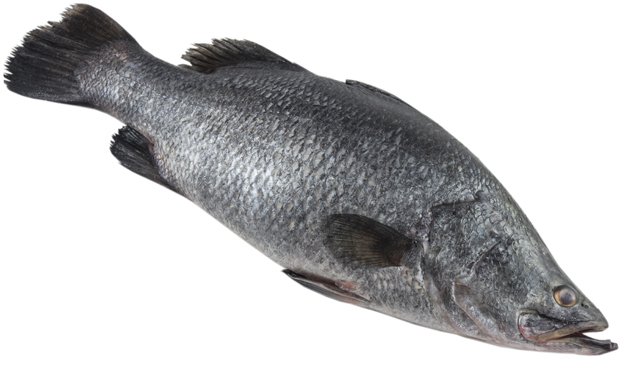Aquaculture. The barramundi: an example of climate resilience – In the context of a rapidly changing world due in part to climate change, the challenges and opportunities associated with fish farming are becoming increasingly evident. Among the many fish species, the barramundi emerges as an excellent example of climate adaptability and resilience, offering promising prospects for meeting the increasing global demand for fish products.
The growing demand for fish products, coupled with the challenges posed by climate change, has led FAO to estimate that global demand for fish will reach 200 million tonnes by 2050. While wild fisheries are reaching their limits, aquaculture is emerging as the main way to increase supply. Species such as the barramundi, with its extraordinary adaptability, can play a key role in this scenario.
The barramundi, also known as Asian sea bass, is characterised by its ability to thrive in different climatic conditions. This species is able to tolerate water temperatures of up to 35°C, making it suitable for future prospects of warming sea waters. In addition, the barramundi is able to tolerate variations in water salinity, a problem that is becoming increasingly relevant due to climatic changes affecting rainfall.
Its adaptability is not the only point in favour of the barramundi. Its ability to grow in different environments, together with its low environmental impact, makes it a sustainable option for aquaculture. Established breeding technology and effective market acceptance help to consolidate the role of this species in the fishing industry.
The expansion of barramundi farming can be seen as a solution to meet the growing demand for fish products. However, this growth requires a collective effort, involving producers, industry experts, service providers, aquaculture facilities and certification organisations. The need for investment, government support and collaboration are key elements in achieving this goal.
The use of advanced technologies, such as artificial intelligence and smart data, can improve fish farming efficiency and reduce environmental impacts. Capacity models allow for a sustainable use of resources, avoiding overproduction and negative environmental impacts. The combination of these initiatives can lead to the creation of an aquaculture sector that is climate resilient and able to meet future challenges.
The barramundi is not only a valuable resource for the fishing industry, but also an example of how species adaptability and resilience can help to cope with the effects of climate change. Present in the Indo-West Pacific, spanning the waters of the Middle East, South Asia, South-East Asia, East Asia and Oceania, the barramundi has the potential to meet the growing global demand for seafood but also to provide economic and social opportunities for coastal communities around the world.
Aquaculture. The barramundi: an example of climate resilience








